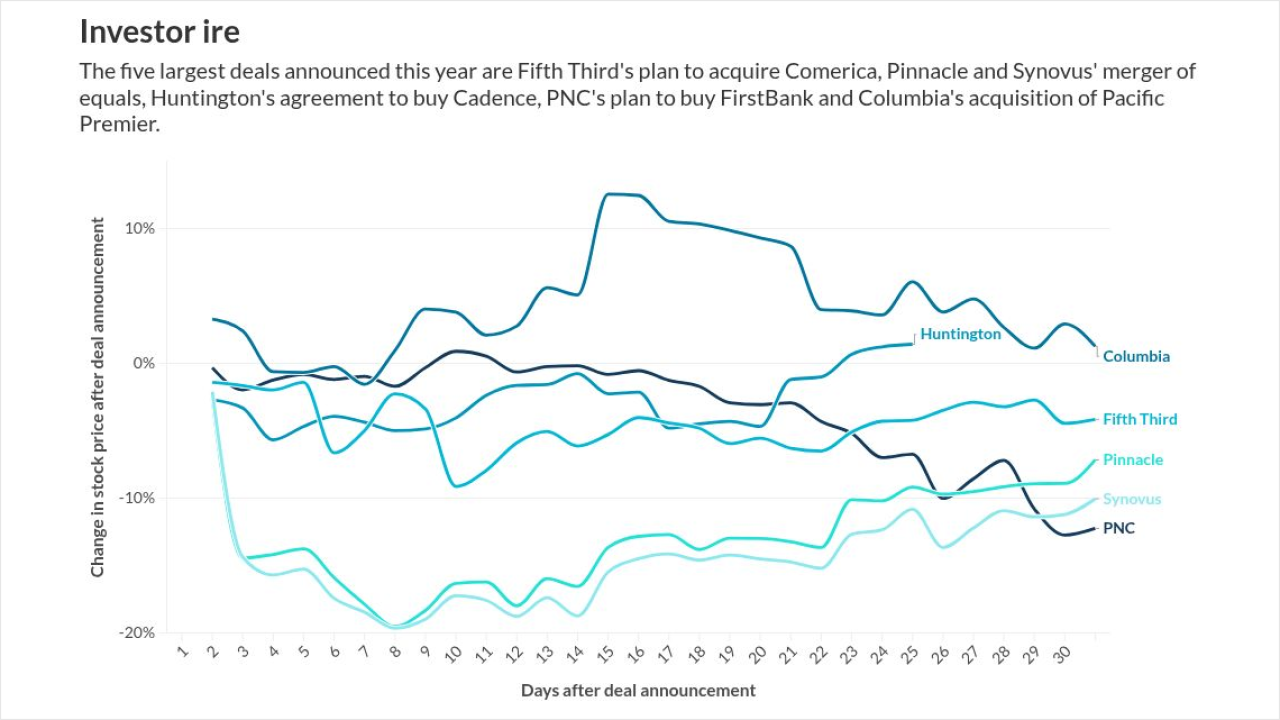Leaders from the G20 countries are gathering in Pittsburgh today to try to coordinate their regulatory reform efforts, but another push to restructure global financial governance is also underway: The Dutch government and the World Legal Forum in The Hague are exploring the idea of creating an international financial court.
The court would settle cross-border financial disputes and interpret the hodgepodge of laws governing countries’ financial systems in a way that could help harmonize them. Its judges would have to be experts in finance and would follow its latest developments, keeping abreast of new forms of regulatory arbitrage and international dealmaking.
One of the idea’s biggest proponents is a derivatives lawyer based in London. Jeffrey Golden, a senior partner at Allen & Overy, LLP,
“Why is there so much attention being paid to regulation and so little being written about the courts and their preparedness to deal with complex global finance?” Golden said in a recent interview. “Is that because there’s some logical reason why we should focus exclusively on regulation, which is after all 'preventative medicine, ' but not on our courts, which could be compared to 'hospitals?’”
Golden said he thinks much could be done to overhaul the courts systems in Britain and the U.S. He cited specialized courts within the American system, such as bankruptcy, traffic and tax courts, and said financial issues should get similar treatment. Judges in the financial courts should be finance experts—or they should consult with panels of finance experts, which could be made up of retired industry executives looking to “give back.”
“We keep coming back to the question: 'Is there any reason why finance is different—less complicated, less specialized, less important—and would benefit less in having more specialized judges?'” Golden said. “Whether that happens in one big bang at the global or international level or instead we should aim for special subject finance courts that are more regional or local is something that we perhaps need to think more about.”
Frank Zwetsloot, the director of the Science Alliance at the World Legal Forum, said that while the Dutch government and the European Central Bank, which is also interested in the international financial court idea, haven’t made any commitments yet, a feasibility study partially financed by the Dutch determined that there could at least be an international system of mediation and arbitration set up in a year.
“Of course an international court would be the most solid base for the development of jurisprudence but international arbitration also builds up jurisprudence,” Zwetsloot said. A fully developed court would take more time, he added. “If you want to gain expertise in these matters through an international court you need a treaty and it will take many many years before you are there. We think international arbitration may be for this moment the right mechanism.”
Golden’s idea for specialized U.S. courts doesn’t seem so popular, however.
Ron Glancz, a partner at Venable, LLP, said the idea isn’t new—it’s had its day in the sun.
Glancz explained that one tne of the biggest problems with creating specialized courts, a move that would take an act of Congress, is that defining what types of cases would be heard in them.
“’Financial’ is so broad,” he said. “The man on the street—the woman on the street—deals with finances every day. Your consumer protection laws. They affect everybody. Derivatives? Yes, that’s a topic that’s pretty hard for the common man to understand. But I’m not sure you can take something so broad and define it as ‘financial.’”
Glancz also pointed out that some of the specialized U.S. courts exist to handle the volume of cases of one kind, so as not to distract district judges from more important and contemplative matters. Traffic court and bankruptcy courts, for instance, both process high volumes of cases that fit into a very narrow set of parameters.
And some U.S. courts are already known for financial specialization. Courts in the state of Delaware are known for their expertise in corporate law and the both the Southern District Court of New York and the U.S. Second Circuit Court of Appeals are renowned for their expertise in securities law.
But Golden’s idea hasn’t totally flopped. He says he’s gotten feedback from his FT article, and from a paper he published in Oxford University’s Capital Markets Law Journal. In May, Risk Magazine reported on the feasibility study Zwetsloot and the Dutch conducted for the international financial court. And Golden doesn’t mind being on the fringe in his quest to establish specialized financial courts.
“Maybe our thinking about the helpful role our courts could play and how best to achieve this also needs to be creative or even radical,” he said.





